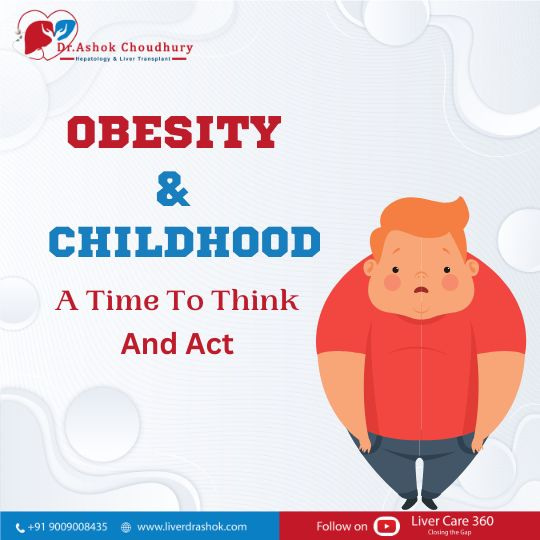The world is undergoing a rapid epidemiological and nutritional transition characterized by a progressive rise in obesity, diabetes, chronic diseases like heart, kidney liver and many cancers. Childhood obesity is one of the most serious public health challenges of the 21st century. The problem is global and is steadily affecting many low- and middle-income countries, particularly in urban settings. The prevalence has increased at an alarming rate. Globally in 2010, the number of overweight children under the age of five is estimated to be over 42 million. Close to 35 million of these are living in developing countries.

It is widely accepted that increase in obesity results from an imbalance between energy intake and expenditure being closely associated with the lifestyle adopted and the dietary intake preferences. Also individual’s genetic background is important in determining obesity risk. Research has made important contributions to our understanding of the factors associated with obesity. Family characteristics parenting style, parents’ lifestyles also play a role. Environmental factors such as school policies, demographics, and parents’ work-related demands further influence eating and activity behaviors of children.
Children learn by modeling parents’ and peers’ preferences, intake, and willingness to try new foods. Mealtime structure is important with evidence suggesting that families who eat together consume more healthy foods. Furthermore, eating out or watching TV while eating is associated with a higher intake of fat. Parental feeding style is also significant. Similarly, restriction of “junk-food” is associated with increased desire for unhealthy food and higher weight, so friendship with kid and making them to understand the food style and being monitored by parents is the best way to tackle it. Promotion of good recreational facilities or the esthetic quality of neighborhoods can enhance healthy eating and physical activity.
Fast food Consumption: Increased fast food consumption has been linked with obesity in the recent years. Many families, especially those with two parents working outside the home, opt for these places as they are often favored by their children and are both convenient and inexpensive. Studies have shown weight gain with regular consumption of fast food but strong scientific evidences lacking till date.
Childhood obesity affect children’s physical health, social, and emotional well-being, and self-esteem. It is also associated with poor academic performance and a lower quality of life experienced by the child.
Obesity and multiple diseases: – Childhood obesity has been linked to numerous medical conditions, like fatty liver disease, sleep apnea, Type 2 diabetes, asthma, cardiovascular disease, high cholesterol, gallstones, skin conditions, menstrual abnormalities, and orthopedic problems.
Social and emotional health: – They often stigmatized in peer circle and even social groups. Obese children are often excluded from activities, particularly competitive activities that require physical activity. These negative social problems contribute to low self-esteem, low self-confidence, and a negative body image in children and can also affect academic performance. Overweight children tend to protect themselves from negative comments and attitudes by retreating to safe places, such as their homes, where they may seek food as a comfort. In addition, children who are overweight tend to have fewer friends than normal weight children, which results in less social interaction and play, and more time spent in sedentary activities, which in turn inevitably results in weight gain, as the number of calories consumed exceeds the amount of energy burned.
Anxiety Problem-Obese adolescents had a higher life-time prevalence of anxiety disorders. They have lower self-esteem or are most vulnerable to stressors. Body dissatisfaction i.e. ideals of beauty in that thinness is the only culturally defined ideal for females, while males are encouraged to be both lean and muscular is hampered. There is a linear relationship between body dissatisfaction and increasing BMI.
School performance: – Childhood obesity has also been found to negatively affect school performance. A research study concluded that overweight and obese children were four times more likely to report having problems at school than their normal weight peers. There is also an increased chance to miss school more frequently, especially those with chronic health conditions such as diabetes and asthma, which can also affect academic performance



Written by
Dr Bishnu Priya Sahoo
MBBS. MD -Paediatrics (Gold Medallist). Fellow of ISPAGHAN.
Associate Prof of Paediatrics.
Consultant Paediatric Gastroenterology, Hepatology and Liver Transplant
SGT University. Gurugram Haryana
